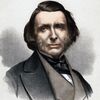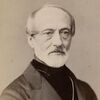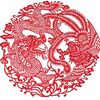A witness recounted his experience in The Russian- Japanese war, when he was on the upper deck of the Vanag battleship during a Japanese attack. It was a terrible sight. Everywhere there was blood, pieces of flesh, bodies with heads torn away, the smell of blood so strong it made even the toughest and hardest men dizzy. The armored cannon tower suffered most of all. A shell exploded on top of it and killed a young officer who was the chief of the ship’s artillery. Only one thing was left of the poor man; it was his fist, the hand which held the instrument. Two of four sailors who stood next to their commander were torn into pieces, and the other two had terrible injuries; afterwards both had their legs amputated, and then the remains of their legs were cut off again completely. The commander of the battleship had a small injury in his head, in the temples. Filth, terrible illnesses, hunger, fire, destruction, evil—this is military glory, this is war.








